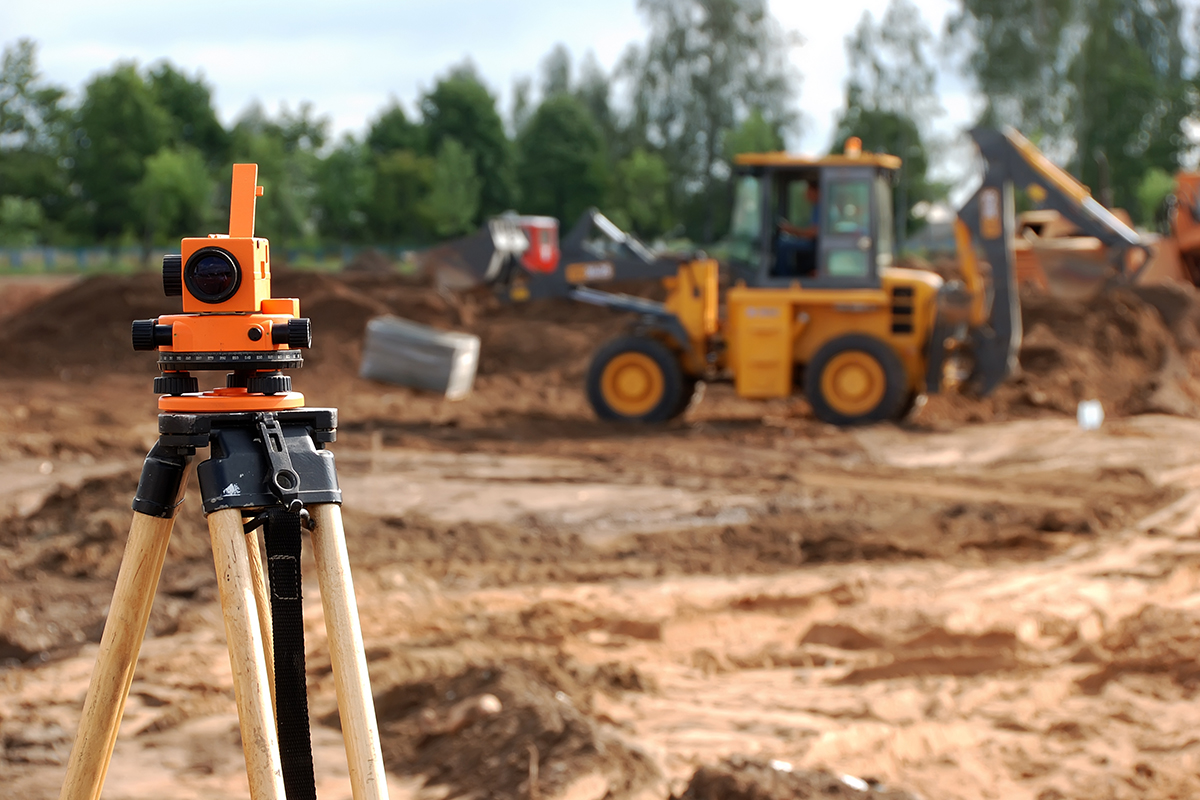Ground Investigations: How to select the Right Tool for the Job
13 February 2019

Ground investigations are a vital aspect of any development project. Careful planning is needed to give the correct ground characterisation data and inform the development process. For all construction projects, it is a necessity to gather an accurate understanding of ground conditions for a proposed development, to address site specific geotechnical considerations, such as foundation design, or contamination concerns.
Ground investigation is also essential for mitigating risks, ensuring structural integrity, complying with regulations, and making informed decisions in the development process, ultimately leading to successful and sustainable project. Patrick Parsons have over 50 years’ experience in ground investigations and risk assessments. Our Geo-Environmental team use a variety of techniques when carrying out site investigation services, from desk studies to situ testing and more.
Geotechnical Desktop Studies
These are preliminary investigations that utilise existing geological and geotechnical data to gain initial insights into the ground conditions. It involves reviewing maps, aerial photographs, geological surveys, and historical data.
Geophysical Surveys
Geophysical methods use instruments to measure the physical properties of the subsurface, such as seismic surveys, electrical resistivity, ground-penetrating radar, and electromagnetic surveys. These techniques help identify changes in subsurface materials and locate potential anomalies.
Window Sampling
Window Sampling is a form of lightweight tracked drilling rig, which provides a rapid and economical method of obtaining soil samples from the top 5m to 10m below surface. Most sites are easily accessible and, if there is 3m of head clearance, equipment can be used inside buildings.
This form of investigation is ideal where rapid, minimal disruption investigation is required. It can be constrained due to the small size of the equipment, which limits the depth of penetration in hard ground conditions.
Cable Percussive Drilling
Cable Percussive drilling is an intrusive ground investigation technique which uses a road towable tripod configuration, which drops cutting tools into the ground by cable and winch to progress a borehole through soils and soft rocks such as London Clay.
Percussive drilling can be noisy, causing disruption on site, with a working area of at least 5m by 5m required for each borehole position. The equipment can be heavy and manoeuvring over soft or boggy ground conditions can be problematic.
Trial Pits
Typically formed using a mechanical excavator, Trial Pits are a means of investigating shallow ground conditions quickly and efficiently. Typically, the investigation is limited to around 3.5m depth, or less where shallow groundwater is present.
A disadvantage of using Trial Pits is the disruption they cause when breaking out large areas of hardstanding, which is a time-consuming process.
Rotary Coring
Rotary coring is used to form a deep observation borehole or to obtain representative samples of rock not recovered using traditional percussion or window sampling. The drilling method involves a powered rotary cutting head on the end of a shaft, which is driven into the ground as it rotates.
Rotary drilling is most frequently used where there are risks of coal mining voids, or where we are investigating groundwater conditions in deep rock aquifers.
Geophysics
Geophysics is an often-overlooked method of ground investigation and involves remotely sensing ground conditions using non-intrusive methods.
We use many forms of geophysics on our projects, including magnetometry, microgravity and ground penetrating radar. Geophysics is usually used alongside, or prior to, physical borehole and Trial Pit investigations. By allowing a more targeted approach, these techniques can often reduce the cost of physical investigations.
Contact our team to find out more about our geotechnical engineering services.

